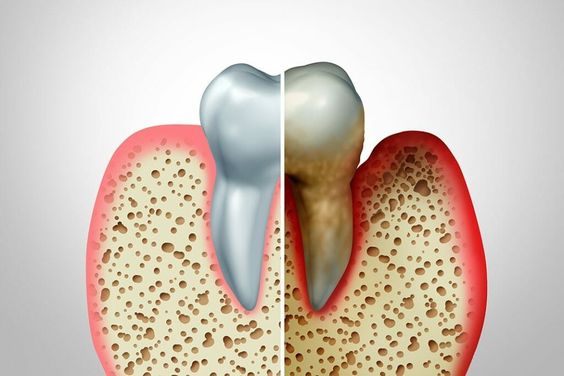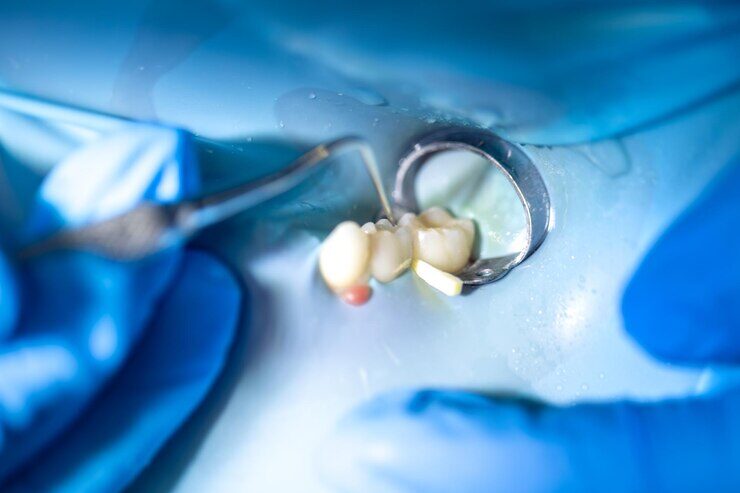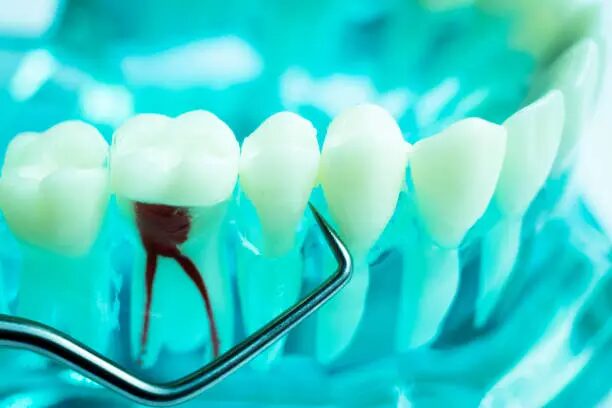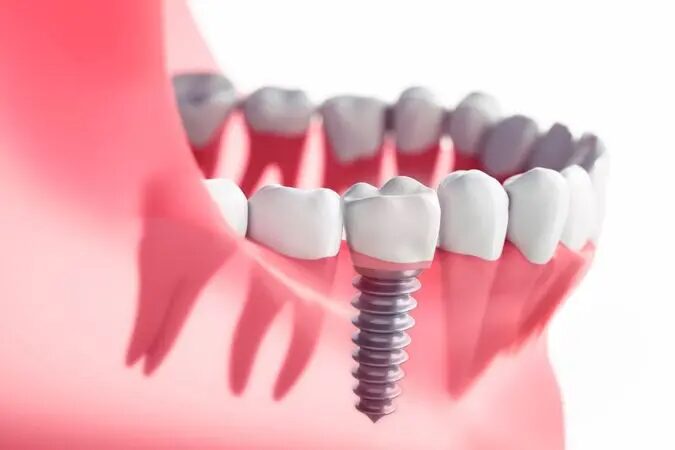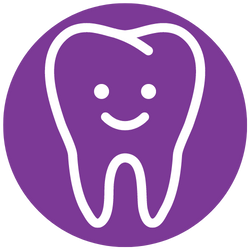The field of dentistry has evolved beyond mere tooth care, with increasing recognition of the profound relationship between oral health and overall well-being. Among the key players in this intricate connection is periodontics, a specialized branch of dentistry focused on the prevention, diagnosis, and treatment of diseases that affect the supporting structures of the teeth, including the gums and bone. This article delves into the holistic perspective of periodontics, exploring the bidirectional relationship between gum health and overall health.
The Oral-Systemic Link
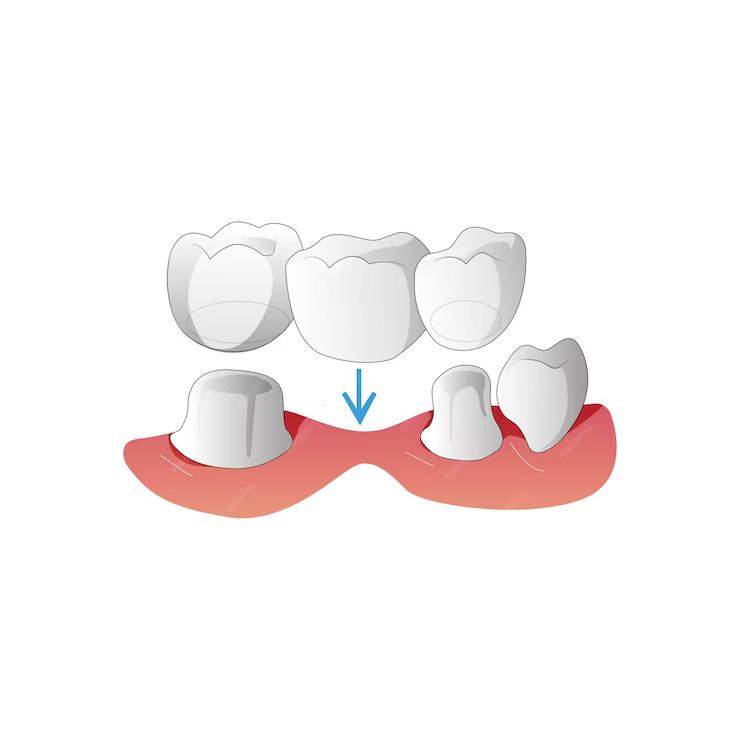
Historically, the mouth has often been viewed as separate from the rest of the body. However, contemporary research has shattered this misconception, revealing intricate connections between oral health and various systemic conditions. Periodontics plays a crucial role in understanding and managing this oral-systemic link.
Cardiovascular Health:
Recent studies have established a link between periodontal disease and cardiovascular conditions. Chronic inflammation in the gums may contribute to inflammation in blood vessels, potentially increasing the risk of heart disease and stroke. The concept of a healthy mouth leading to a healthy heart underscores the importance of periodontics in cardiovascular care.
Diabetes Management:
Individuals with diabetes are more prone to periodontal issues, and conversely, untreated gum disease can make diabetes harder to control. Periodontal treatment can positively impact blood sugar levels, emphasizing the interconnected nature of oral and systemic health.
Respiratory Health:
The respiratory system is accessed through the mouth cavity. Periodontal infections can lead to the inhalation of harmful bacteria, potentially contributing to respiratory infections and exacerbating conditions like chronic obstructive pulmonary disease (COPD). Maintaining gum health is thus pivotal for respiratory well-being.
Pregnancy Outcomes:
Periodontal health has been linked to pregnancy outcomes. Pregnant individuals with gum disease may be at a higher risk of preterm birth and low birth weight. By addressing periodontal issues, healthcare providers aim to positively influence maternal and fetal health.
Periodontal Diseases and Their Systemic Impact
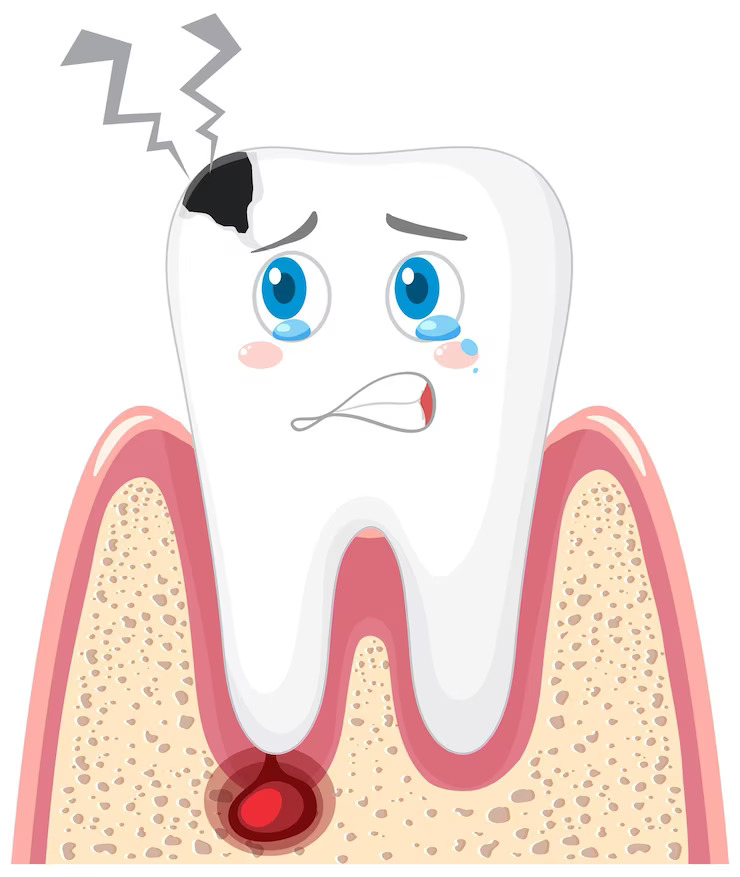
Periodontal diseases, such as gingivitis and periodontitis, are characterized by inflammation of the gums and can have far-reaching consequences beyond the oral cavity.
Inflammation and the Immune System:
Periodontal diseases trigger a systemic inflammatory response. Chronic inflammation, a hallmark of many systemic diseases, can potentially exacerbate existing health conditions and contribute to the development of new ones. Periodontics focuses on mitigating this inflammatory response to improve overall health.
Microbial Connections:
The oral cavity harbors a diverse ecosystem of microorganisms. Periodontal diseases allow harmful bacteria to flourish, and these pathogens may enter the bloodstream, affecting distant organs and systems. The holistic approach of periodontics involves addressing not only the local infection but also its potential systemic repercussions.
Oxidative Stress and Aging:
Periodontal diseases have been associated with increased oxidative stress, a process linked to aging and various age-related diseases. By managing periodontal health, practitioners aim to reduce oxidative stress and contribute to healthy aging.
Holistic Strategies in Periodontics
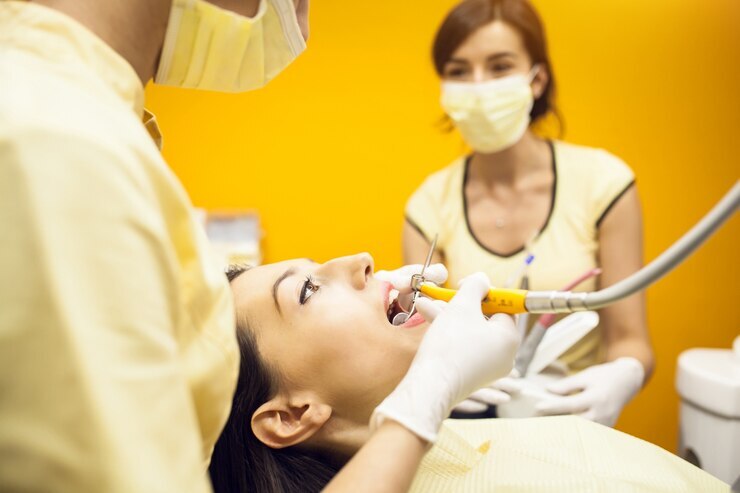
Comprehensive Oral Examinations:
Periodontics begins with thorough oral examinations, including assessments of gum health, bone structure, and signs of inflammation. This holistic approach ensures that potential issues are identified and addressed early.
Personalized Treatment Plans:
Periodontists develop personalized treatment plans that consider not only the severity of periodontal disease but also the patient’s overall health status. This tailored approach maximizes the effectiveness of treatment while minimizing potential systemic impacts.
Collaboration with Healthcare Providers:
Recognizing the interconnectedness of oral and systemic health, periodontists often collaborate with healthcare professionals in other specialties. This interdisciplinary approach ensures that the patient receives comprehensive care addressing both oral and systemic needs.
Patient Education:
Holistic periodontics places a strong emphasis on patient education. Informing individuals about the links between oral and overall health empowers them to take an active role in their well-being, fostering a sense of responsibility for oral hygiene and lifestyle choices.
Conclusion
In conclusion, periodontics is not only about preserving the health of gums and teeth but also about safeguarding overall well-being. The holistic perspective in periodontics recognizes the bidirectional relationship between oral health and systemic conditions, emphasizing the need for comprehensive care that extends beyond the boundaries of the oral cavity.
As research continues to uncover the intricate connections between periodontal health and overall wellness, the role of periodontics in healthcare will likely expand. This holistic approach underscores the importance of viewing the mouth as an integral part of the entire body, highlighting the transformative potential of proactive periodontal care in enhancing the quality and longevity of life.

